The Rhetoric of Genocide
Lexington Studies in Political Communication
Series Editor: Robert E. Denton, Jr.,Virginia Polytechnic Institute and State University
This series encourages focused work examining the role and function of communication in the realm of politics including campaigns and elections, media, and political institutions.
Recent Titles in the Series
The Rhetoric of Genocide: Death as a Text, By Ben Voth
Almost Madam President: Why Hillary Clinton Won in 2008, By Nichola D. Gutgold
Communicator-in-Chief: How Barack Obama Used New Media Technology to Win the White House, Edited by John Allen Hendricks and Robert E. Denton, Jr.
Centrist Rhetoric: The Production of Political Transcendence in the Clinton Presidency, By Antonio de Velasco
Us against Them: The Political Culture of Talk Radio, By Randy Bobbitt
Studies of Identity in the 2008 Presidential Campaign, Edited by Robert E. Denton, Jr.
Internet Policy in China: A Field Study of Internet Cafs,By Helen Sun
Campaign Finance Reform: The Political Shell Game,By Melissa M. Smith, Glenda C. Williams, Larry Powell, and Gary A. Copeland
The Perfect Response: Studies of the Rhetorical Personality, By Gary C. Woodward
A Communication Universe: Manifestations of Meaning, Stagings of Significance, By Igor E. Klyukanov
Presidential Campaign Rhetoric in an Age of Confessional Politics, By Brian T. Kaylor
Manipulating Images: World War II Mobilization of Women through Magazine Advertising, By Tawnya J. Adkins Covert
The Politics of Style and the Style of Politics, Edited by Barry Brummett
Communication Realities in a Post-Racial Society: What the U.S. Public Really Thinks about Barack Obama, By Mark P. Orbe
Politics and the Twitter Revolution: How Tweets Influence the Relationship between Political Leaders and the Public, By John H. Parmelee and Shannon L. Bichard
The Rhetoric of Soft Power: Public Diplomacy in Global Contexts, By Craig Hayden
Coming to Terms: The Collected Works of Jane Blankenship, Edited by Janette K. Muir
Reelpolitik Ideologies in American Political Film, By Beverly Merrill Kelley
Media Bias in Presidential Election Coverage 19482008: Evaluation via Formal Measurement, By David W. DAlessio
Gender and the American Presidency: Nine Presidential Women and the Barriers They Faced, By Theodore F. Sheckels, Nichola D. Gutgold, and Diana Bartelli Carlin
The George W. Bush Presidency: A Rhetorical Perspective, Edited by Robert E. Denton, Jr.
New Media, Old Regimes: Case Studies in Comparative Communication Law and Policy, By Lyombe S. Eko
Culture, Social Class, and Race in Public Relations: Perspectives and Applications, Edited by Damion Waymer
Purpose, Practice, and Pedagogy in Rhetorical Criticism, Edited by Jim A. Kuypers
Dark Money, Super PACs, and the 2012 Election, By Melissa M. Smith and Larry Powell
The Rhetoric of Genocide
Death as a Text
Ben Voth
LEXINGTON BOOKS
Lanham Boulder New York London
Published by Lexington Books
An imprint of The Rowman & Littlefield Publishing Group, Inc.
4501 Forbes Boulevard, Suite 200, Lanham, Maryland 20706
www.rowman.com
16 Carlisle Street, London W1D 3BT, United Kingdom
Copyright 2014 by Lexington Books
Scripture taken from the New American Standard Bible, copyright 1960, 1962, 1971, 1972, 1973, 1975, 1995 by The Lockman Foundation. Used by permission.
All rights reserved. No part of this book may be reproduced in any form or by any electronic or mechanical means, including information storage and retrieval systems, without written permission from the publisher, except by a reviewer who may quote passages in a review.
British Library Cataloguing in Publication Information Available
Library of Congress Cataloging-in-Publication Data
Voth, Ben, 1967
Rhetoric as genocide : death as a text/ Ben Voth.
pages cm.--(Lexington studies in political communication)
Includes bibliographical references.
ISBN 978-0-7391-8205-5 (cloth : alk. paper) -- ISBN 978-0-7391-8206-2 (electronic)
1. Genocide. I. Title.
HV6322.7V68 2014
304.6'63014--dc23
2014013445
 TM The paper used in this publication meets the minimum requirements of American National Standard for Information Sciences Permanence of Paper for Printed Library Materials, ANSI/NISO Z39.48-1992.
TM The paper used in this publication meets the minimum requirements of American National Standard for Information Sciences Permanence of Paper for Printed Library Materials, ANSI/NISO Z39.48-1992.
Printed in the United States of America
Acknowledgments
I thank my family for their support in writing this book. My wife Kelli is a tireless editor and proponent of my writing. She raises the quality of my efforts every day. My three daughters, Rebecca, Sarah, and Anna, motivate and inspire me continually with their zest for life and practical optimism. I am especially thankful for a variety of intellectual inspirations that arose from some great American institutions. The survivors and Ellen Blalock from the United States Holocaust Memorial Museum in Washington DC were the primary motivation to this book and the manner in which they serve as witnesses to one of the most devastating genocides of all time principally motivated my further thought and research on this topic. Jackie Johnson who directs the archives at Miami University regarding Freedom Summer 1964 was a great colleague and support to my work in Ohio. The Bush Library and Bush Institute provided great resources and content helping me understand how policy and idealism merge toward solutions of some of the worlds worst problems. SMU provided great support from my division of Communication Studies and the Meadows School of the Arts to allow me to research and complete this work. It is not possible to thank all the undergraduate students, graduate students, and debaters at Miami University and Southern Methodist University who every day of my great life as a professor inspired me to see how the world that is, can be transformed into the world that should be. Teaching is such a joy because the future unfolds before our eyes, and this book was an outpouring of watching how student lives are changing the twenty-first century into a world without genocide.
Introduction
This book is the culmination of many years spent considering, studying, writing and teaching about the problem of genocide. Most central to its emergence was a teaching experience at the United States Holocaust Memorial Museum (USHMM) in Washington D.C. during the summers of 2006 and 2007. Those pivotal weeks spent with the Holocaust survivors anchoring that institution forever changed my perspective on the power of communication and what its highest purposes can be. Those seminal moments equipping survivors to better have their voice in telling their own stories about such a profound tragedy provided the moral clarity, inspiration, and intellectual framework for this book. In many respects, the events leading to and following that service at the museum are an important analogy for understanding this book.
Prior to my work at the USHMM, I had not had occasion to visit the museum. It was a young passionate student by the name of Terri Donofrio who first asked me what my advice was about accepting an internship position in the Survivors Bureau of USHMM. She was graduating in the fall, and unsure about what to do next. I thought it was worth a try. It was not long before I heard she was hired as a paid assistant.
Terri quickly became convinced that the survivors needed to have public speaking workshops that mirrored ongoing work with their writing of Holocaust memories. Terri was an exceptional student of rhetoric and excelled in both speech and debate competitions while in college. Communication courses convinced her that being able to express oneself in public was critical. She contacted me back in Ohio about how to design a public speaking program for the survivors. We corresponded regularly about the project and I presumed that based upon my recommendations she would find a local instructor of communication and public speaking in the D.C. area and implement the program. When she contacted me to say that her grant had been approved and the project would proceed, I was happy for her. I was not prepared for her conclusion to the call. She wanted me to fly out and do the training of the Holocaust survivors.

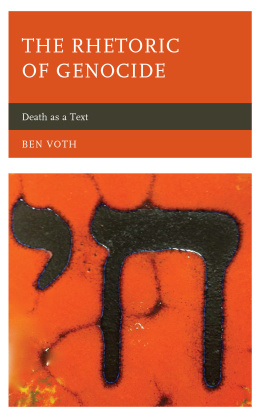
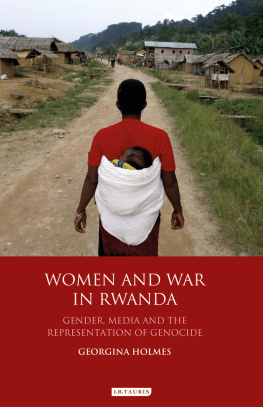

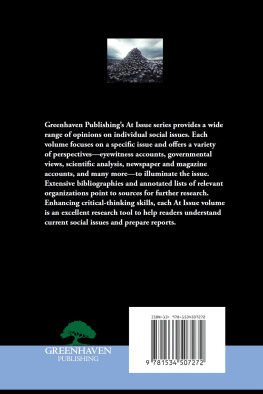
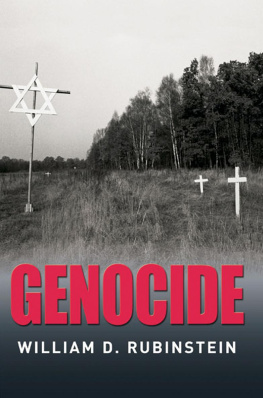
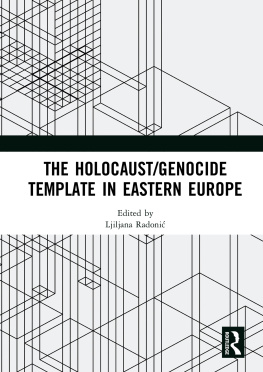
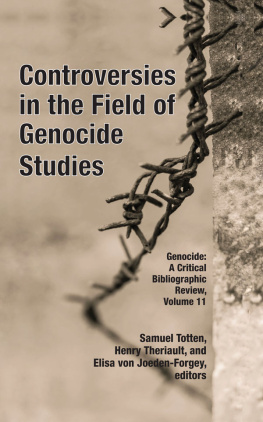
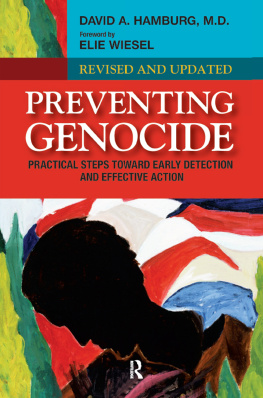
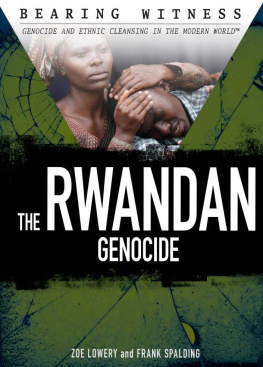
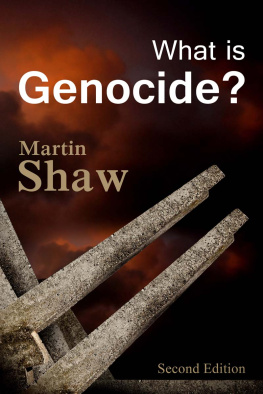
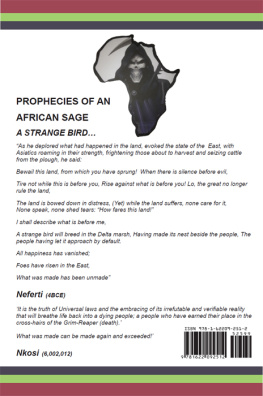
 TM The paper used in this publication meets the minimum requirements of American National Standard for Information Sciences Permanence of Paper for Printed Library Materials, ANSI/NISO Z39.48-1992.
TM The paper used in this publication meets the minimum requirements of American National Standard for Information Sciences Permanence of Paper for Printed Library Materials, ANSI/NISO Z39.48-1992.